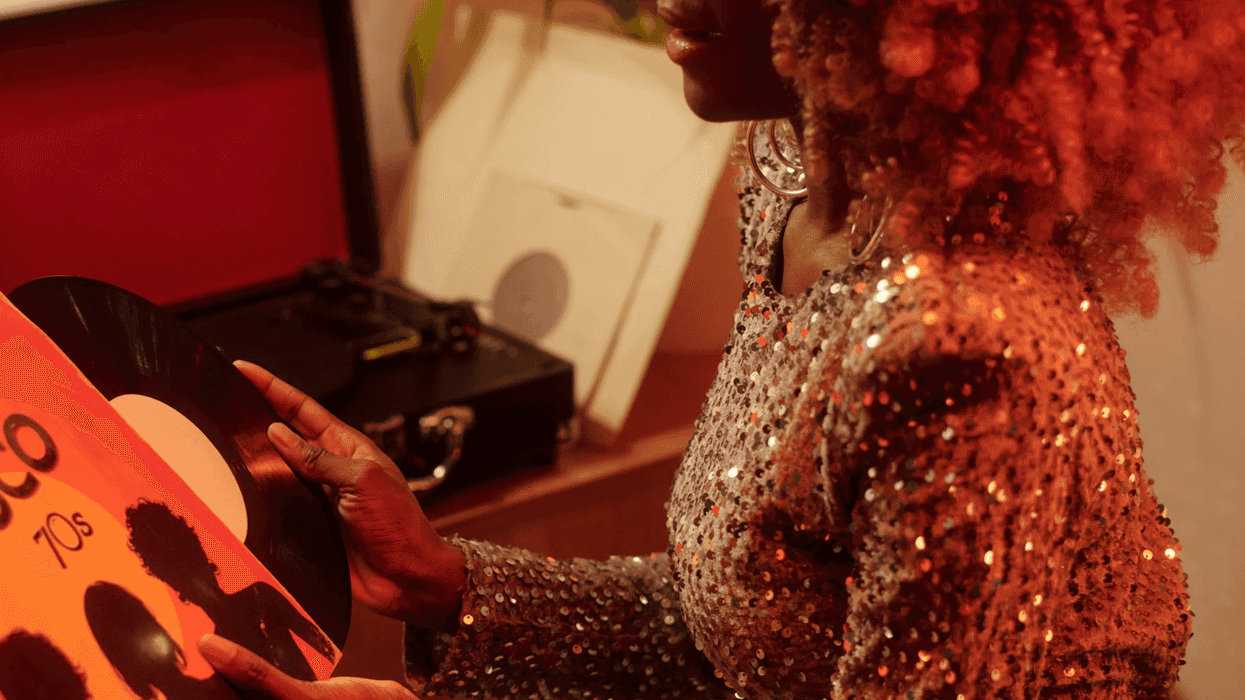Travelers often splurge on expensive trips to witness awe-inspiring landmarks like the Great Pyramids of Giza from a respectful distance. While visitors are forbidden from climbing the ancient structures, one daring four-legged adventurer managed to scale the top of a pyramid. This surprising scene was caught on video by a paraglider participating in adventure sports above the pyramid complex. Marshall Mosher, Alex Lang, and Dimitris Kolliakos were soaring over the Great Pyramid of Khafre when Lang's camera captured an unexpected sight: a dog perched on the top of the ancient wonder.
As the paragliders descended, they confirmed the barking figure was indeed a dog, astonishingly standing atop one of the Seven Wonders of the World. "A dog climbed up the Great Pyramid of Giza! Do you think he lives up there?" Mosher wrote in a caption accompanying the video he shared on Instagram. The footage quickly went viral, amassing over 23 million views, with viewers both amused and concerned for the dog's safety in the comment section.
@betomathevs joked, "Not a dog. That is the Egyptian God Anubis. He is considered the guide of the dead in the afterlife and the protector of the tombs. That's why it is over the pyramid." @asad_be_013 speculated, "If he pees there all Egypt belongs to him." @oliveantfox shared, "I wonder how long it took him. I want him to come down and get some water." @lilou765432 questioned, "Hello, on another video you said you went back to check on the dog but couldn't see it. How can you be sure the dog is fine now, I don't understand. Please, tell us." Another person assured fellow users that if the dog can climb up, surely it can climb down with ease.

Mosher posted another video on his Instagram profile @marshallmosher where a couple of local dogs made an appearance. "Soaring over the Pyramids again in search of Egypt’s most famous pup at the top of the pyramids! Yesterday, I spotted a dog at the very top of the Great Pyramid Khafre who went viral with people suspecting he might be the physical embodiment of Anubis, the ancient Egyptian god of the dead who’s often depicted with the head of a jackal (a fox-like animal that looks just like these local dogs) I flew back up on my to see if I could catch another glimpse of this canine god guarding the afterlife (or just enjoying the best view in Egypt)! Where do you think he went?" the caption of Mosher's follow-up video read.
True to his words, Mosher took a flight once again and flew right over the Pyramid of Giza and then over the Pyramid of Khafre where they originally spotted the canine. To people's surprise and relief, the dog was not seen in that spot again. Mosher believed that the dog might have made its way down successfully since dogs in the area have a habit of scaling the ancient structures anyway.























 What foods would you pick without diet culture telling you what to do?
What foods would you pick without diet culture telling you what to do?  Flexibility can help you adapt to – and enjoy – different food situations.
Flexibility can help you adapt to – and enjoy – different food situations.
 Anxious young woman in the rain.Photo credit
Anxious young woman in the rain.Photo credit  Woman takes notes.Photo credit
Woman takes notes.Photo credit 
 Revenge can feel easier than forgiveness, which often brings sadness or anxiety.
Revenge can feel easier than forgiveness, which often brings sadness or anxiety. 
 In the past two years, two malaria vaccines have become available for babies starting at 5 months of age.
In the past two years, two malaria vaccines have become available for babies starting at 5 months of age. By exploiting vulnerabilities in the malaria parasite’s defense system, researchers hope to develop a treatment that blocks the parasite from entering cells.
By exploiting vulnerabilities in the malaria parasite’s defense system, researchers hope to develop a treatment that blocks the parasite from entering cells. Created with
Created with